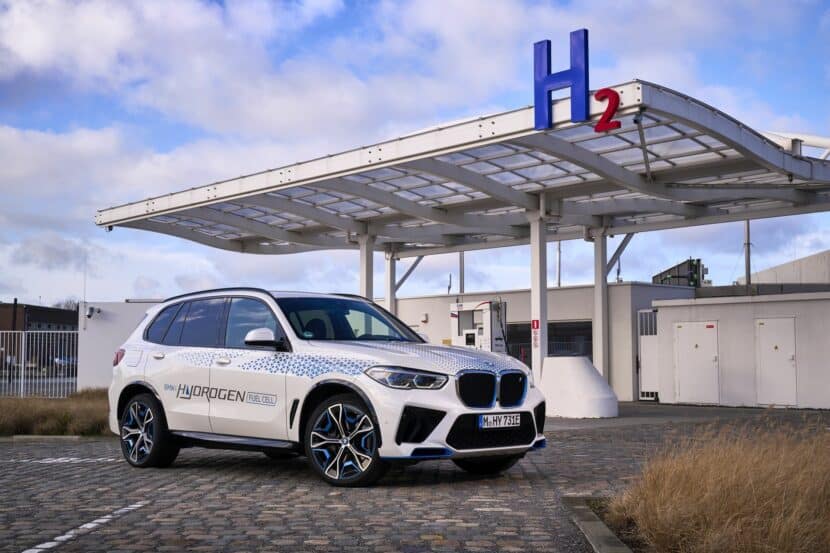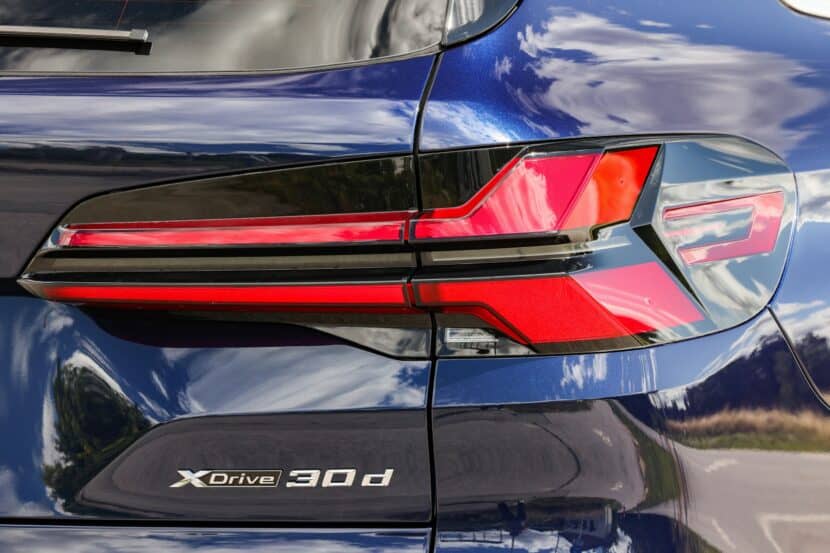Toyota is doubling down on hydrogen, rolling out a 3rd Generation Fuel Cell System that promises to be tougher, more efficient, and significantly cheaper than before. While some automakers are walking away from hydrogen in favor of battery-electric solutions, Toyota and its partner BMW are doing the opposite.
The German automaker has been testing hydrogen for decades, starting with the E12 5 Series in 1979, then the 2000 V12 750hL, H2R and more recently the iX5 Hydrogen. But despite BMW’s enthusiasm, a production hydrogen-powered SUV has yet materialized. That is about to change.
G65-Based BMW iX5 Hydrogen
Sources close to BMW suggest that the next-generation X5 (codenamed G65) might finally bring a hydrogen production model to the market around 2027 or 2028. The current iX5 Hydrogen, limited to fewer than 100 units worldwide, already uses a Toyota-supplied fuel cell, making it almost inevitable that BMW would look to Toyota’s new 3rd Gen system as the backbone of a future hydrogen SUV. The benefits are hard to ignore: 20% more range, twice the durability, and a more compact, cost-effective design.
For BMW, this would be a game-changer. The Bavarian brand is aggressively expanding its electric lineup, starting with Neue Klasse, and the Spartanburg factory in the U.S. is set to produce at least six all-electric models by 2030. That means the next X5 could come in multiple flavors—a fully electric iX5 and a hydrogen-powered iX5 Hydrogen—giving customers more options beyond just battery power.
Why Hydrogen Cars?
But why bother with hydrogen at all? That’s the question critics and media keep asking, and it’s not without merit. Hydrogen infrastructure is nowhere near where it needs to be, and in places like North America, hydrogen refueling stations are few and far between. In fact, New York City has zero refueling stations, for example.
But Toyota and BMW are both betting that this will change. Heavy-duty trucks, trains, and even ships are starting to embrace hydrogen as a long-term solution, and as demand grows in those sectors, refueling networks will expand, making hydrogen vehicles far more practical for everyday drivers.
If Toyota’s 3rd Gen Fuel Cell System delivers on its promises, BMW might just have the missing piece it needs to make hydrogen a serious part of its future. And that future is not that far out: the production series BMW iX5 hydrogen should be out in 2027.





































































